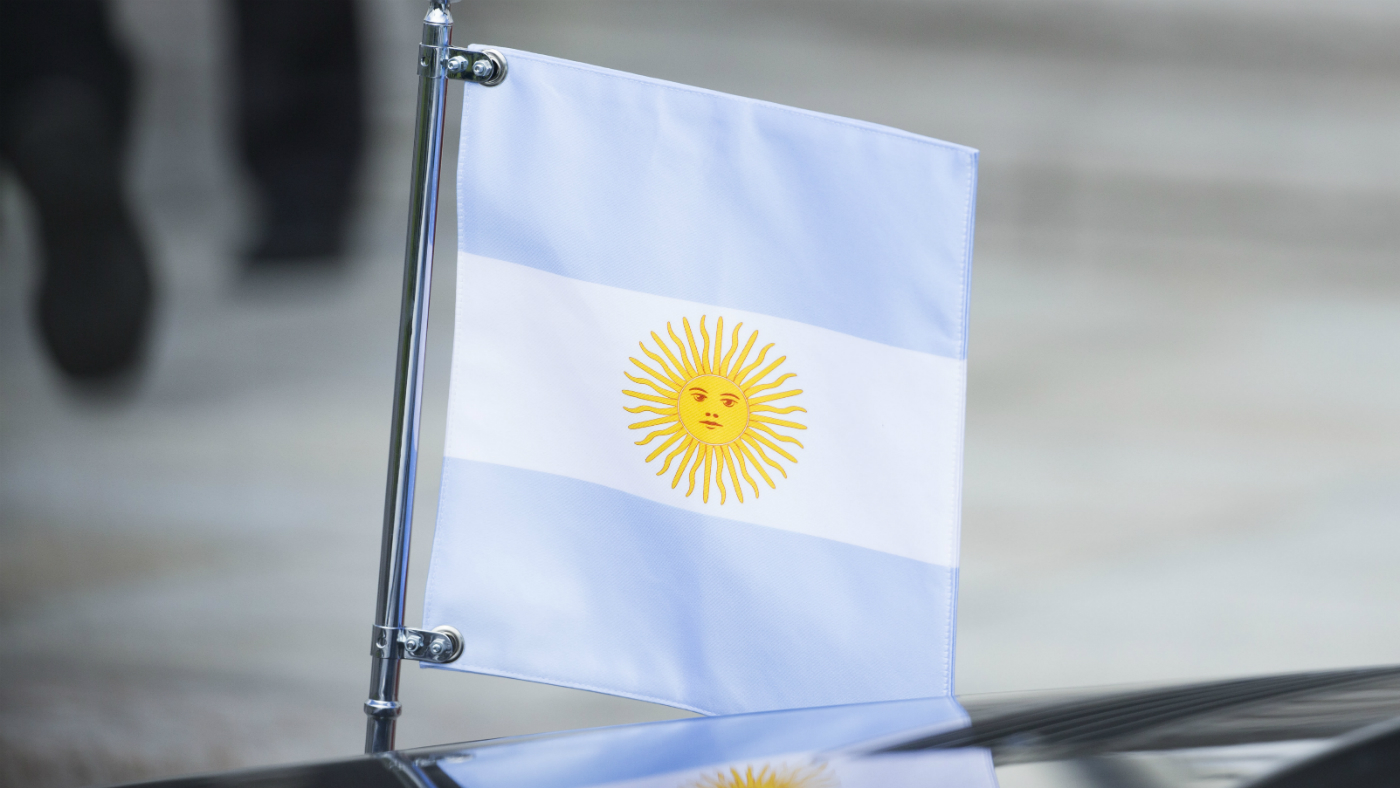Argentina elections 2019: will voters back populist wave?
Incumbent president suffers crushing defeat in primary to Peronist promising sweeping change

A free daily email with the biggest news stories of the day – and the best features from TheWeek.com
You are now subscribed
Your newsletter sign-up was successful
Argentine President Mauricio Macri’s dreams of a second term are fading in the wake of his heavy defeat in the country’s primary elections this weekend.
The vote, a “forerunner to October’s presidential election”, resulted in a landslide victory for Alberto Fernandez, a centre-left populist who has former president Cristina Fernandez de Kirchner as his running mate, The Times reports.
Fernandez won 48% of the vote, a 15.5-point lead over Macri, whose austerity programmes have proved extremely unpopular among Argentine citizens since he came to power in 2015.
The Week
Escape your echo chamber. Get the facts behind the news, plus analysis from multiple perspectives.

Sign up for The Week's Free Newsletters
From our morning news briefing to a weekly Good News Newsletter, get the best of The Week delivered directly to your inbox.
From our morning news briefing to a weekly Good News Newsletter, get the best of The Week delivered directly to your inbox.
Speaking after the results were announced, Macri appeared undaunted, saying: “Recognising that we have had a bad election, that forces us, starting tomorrow, to redouble our efforts so that in October we will get the support that is needed to continue the change.”
However, the BBC reports that analysts say his chances of beating Fernandez in the presidential election in October now look very slim.
What are Argentinians voting on?
Prior to presidential elections, Argentina holds a primary election - known by its abbreviation Paso - in order to choose which candidates make the ballot on 27 October.
A free daily email with the biggest news stories of the day – and the best features from TheWeek.com
To qualify for the general election, tickets must receive more than 1.5% in the Paso, which was introduced in 2009 to cut down the number of candidates in the race, says debate forum Americas Society/Council of the Americas (AS/COA).
The Paso is also seen as a litmus test for public opinion in the South American country, where voting is mandatory for citizens over the age of 18.
In the general election in late October, citizens will choose the president and vice president, as well as nearly half of the country’s congressional seats and a number of governorships.
A presidential candidate wins the race if he or she attracts 45% of the vote (or 40% with a ten-percentage-point lead). If no candidate reaches this benchmark, a run-off vote will be scheduled for 24 November.
Who are the main candidates?
Macri, the incumbent president, is the pro-business leader of the centre-right Propuesta Republicana (Republican Proposal) party, itself part of the wider Juntos por el Cambio (Together for Change) coalition. He is fighting for a second term, but faces an uphill battle.
Deutsche Welle reports that despite attempting to tackle a sluggish economy by promoting an ambitious “zero inflation” campaign pledge, Macri has overseen a dramatic decline in Argentina’s economic fortunes. Last year, inflation hit 50% and the peso lost half of its value against the dollar.
In response to the crisis, Macri struck a controversial $55bn (£45.5bn) deal with the International Monetary Fund (IMF) for financial support, but in return has initiated a “painful” austerity programme that has been blamed for helping to push 35% of the population below the poverty line, says the German newspaper.
His main rival, Fernandez, heads the left-wing Partido Justicialista (Justicialist Party), is often described by experts as “Peronist”.
Named after former Argentine president Juan Peron and his wife Eva, Peronism is a loosely defined cross-spectrum ideology that juxtaposes elements of nationalism and populism, pushing major social welfare reforms aimed at helping the country’s working class, and encouraging “cooperation between businesses and labour”, says Encyclopaedia Britannica.
Fernandez has “not clearly outlined what his economic policies will be”, but is a “staunch critic” of Macri’s IMF deal, according to the BBC.
Speaking after the primary vote, Fernandez took a populist stance focusing on change.
“We are confident that Argentina needed to end with this chapter and start another page,” he told his supporters. “I am confident that today Argentines have started to write another story.”